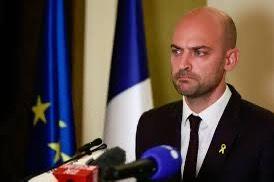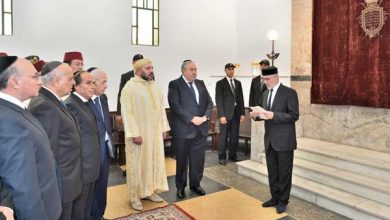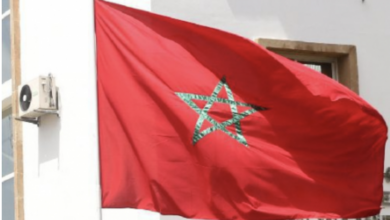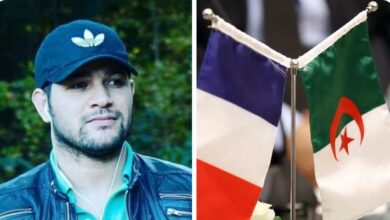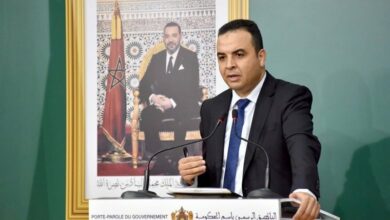Compromise Reached by 6+6 Joint Commission is Important Step in Process of Resolving Libyan Crisis
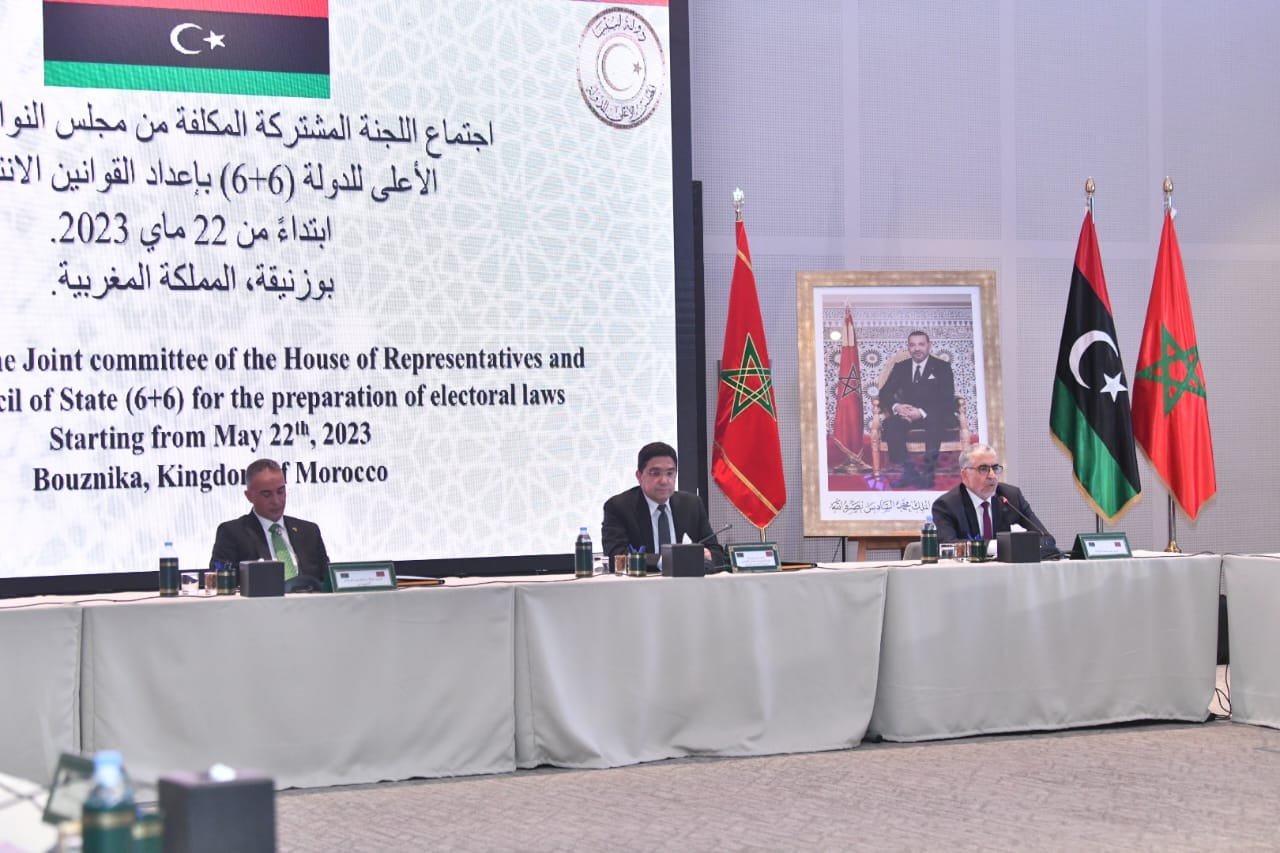
In a speech at the closing session of the commission’s two-week work, Bourita said that this stage could be decisive if it was accompanied by the implementation of compromises, with the Libyan House of Representatives and High Council of State being the only bodies empowered to rule on issues relating to the organization of elections, noting that the two Libyan bodies have fulfilled, within the framework of the 6+6 commission, the missions assigned to them by the political agreement signed in Skhirat in 2016.
Praising the spirit of responsibility shown by commission members throughout the exchanges, the Minister, who took part in the closing session alongside House of Representatives member Jalal Shwehdi and High State Council member Omar Abu Lifa, said that the presence at the dialogue of the presidents of the Libyan House of Representatives and High Council of State, Aguila Saleh and Khaled Al-Michri, had contributed positively to the progress of discussions and the identification of promising prospects for further compromise.
Dealing with the main issues linked to the preparation of the elections, these compromises placed Libya’s interests and good practices in terms of holding ballots at the center of the concerns, in order to organize comprehensive elections based on precise criteria, the results of which will be accepted by all, he added.
Bourita also noted that these discussions were marked by an examination of the problems linked to the Libyan reality, which requires innovation, due to the conviction of those involved that elections are an important step in breaking the deadlock in Libya.
In addition, the Minister announced that these laws would be officially signed in the coming days, stressing that the compromises between the Libyan parties require further support to clarify certain issues and agree on certain details for the smooth implementation of these laws.
The objective of the agreement will not be achieved if it is not accompanied by a real political will to apply its provisions, he stressed, expressing his wish that these laws would be a start to the process of organizing elections, settling the question of legitimacy in Libya and setting up legitimate institutions that work in favor of Libyans and the preservation of the country’s interests.
The Kingdom, on the High Instructions of HM King Mohammed VI, has once again ensured that the Libyan brothers have a platform for dialogue, far from any pressure or disruption, in order to find compromises that serve the interests of their countries, added Bourita.
Morocco has the ultimate conviction that elections are the only solution to the crisis in Libya, that the electoral process cannot succeed without the involvement of all Libyans, and that this solution can only come from the Libyans themselves, he recalled, expressing the Kingdom’s willingness to host all Libyan dialogues.
The “6+6” joint commission, tasked by the Libyan House of Representatives and Council of State with preparing the electoral laws, announced at the closing ceremony that its members had reached a compromise on the laws governing the presidential and parliamentary elections scheduled for the end of the year.
The Kingdom of Morocco is pursuing its efforts to find a definitive solution to the Libyan crisis in order to guarantee the unity, stability and progress of Libya, by supporting its efforts to organize elections within a comprehensive, inclusive and pragmatic framework.
This Maghreb country deserves greater mobilization, accompaniment and support, because a stable Libya is an added value to the Arab world and to Maghreb integration, said Bourita, adding that the threats hanging over the region require greater efforts to make what was agreed in Bouznika today the launch of a successful electoral process.
In addition, he recalled that Morocco believes that the UN, in the person of its special envoy, Abdoulaye Bathily, plays an essential role in supporting the settlement of the Libyan crisis with a view to achieving the desired objectives.
The Bouznika meeting is a continuation of the series of meetings hosted by the Kingdom, bringing together the various Libyan parties with a view to deepening dialogue on ways and means of resolving the crisis in the country, following an approach that provides the right space for dialogue and constructive consultation.
These meetings had led to important agreements favorable to the settlement process, led by the Skhirat Agreement (2015), the agreement between the speaker of the House of Representatives, Akila Saleh, and the president of the Libyan High State Council, Khalid El Machri in October 2022 on the implementation of the results of the Bouznika process concerning sovereign positions and the unification of executive power.
Morocco considers that the question of legitimacy in Libya can only be resolved through presidential and parliamentary elections, which will enable the Libyan people to choose to whom to entrust the power of political governance in the country.
ALdar : LA MAP

